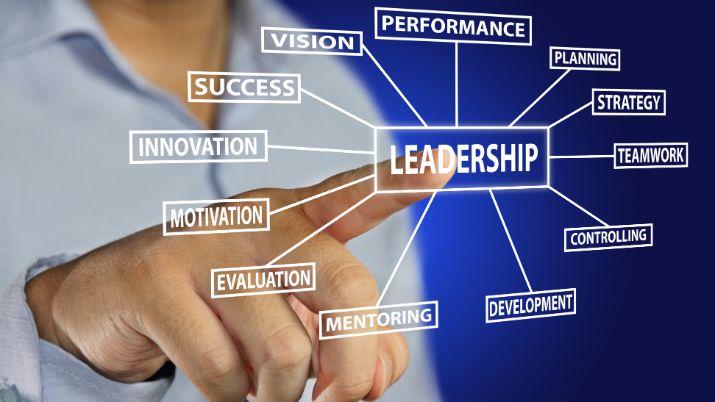
In today’s dynamic and competitive business landscape, effective team leadership plays a vital role in driving organizational success. Beyond technical expertise, exceptional leaders combine interpersonal skills, strategic thinking, and the ability to inspire and manage performance. Tools like Profit.co Performance management software can further support leaders in setting clear goals, tracking progress, and enhancing team productivity. As global trends such as digital transformation, remote work, and employee engagement reshape leadership demands, certain traits consistently distinguish highly effective leaders. These five characteristics are essential for impactful leadership across industries.
Decisiveness with Strategic Insight
Effective leaders balance immediate needs with long-term goals. Decisiveness isn’t just about speed—it’s about evaluating information, consulting stakeholders, and acting confidently. Strategic insight helps leaders prioritize, use resources efficiently, and adapt to market changes while staying aligned with the organization’s vision. This builds trust and ensures alignment with broader goals. Arif Bhalwani, CEO of Third Eye Capital, exemplifies the combination of decisiveness and strategic foresight, particularly in the competitive field of alternative financing. Arif Bhalwani brings extensive experience in building and financing successful ventures, with a proven track record of delivering significant investment returns across diverse markets and industries.
Emotional Intelligence
Emotional intelligence is a core component of modern leadership. Leaders with self-awareness, empathy, and emotional regulation excel in building strong relationships, resolving conflicts, and fostering trust within their teams. They understand the unique needs of their team members, creating an inclusive and supportive environment where everyone feels valued. This approach enhances collaboration, morale, and team cohesion. Oprah Winfrey serves as a powerful example of emotional intelligence in leadership, leveraging empathy and self-awareness to build authentic connections and drive success.
Accountability and Integrity
A high-performing team thrives in an environment of trust and accountability. Effective leaders model these principles by taking responsibility for their actions, honoring commitments, and demonstrating ethical behavior. Integrity is evident not only in major decisions but also in everyday interactions, setting a standard for the team to emulate. By fostering a culture of accountability, leaders establish clear expectations and promote transparency, creating an atmosphere of shared responsibility and consistent results.
Adaptability in a Changing Environment
In today’s rapidly evolving economy, adaptability is a critical trait for leaders. Whether responding to technological advancements, regulatory changes, or shifting customer needs, effective leaders remain agile and responsive. They reassess assumptions, embrace innovation, foster creative thinking, and guide their teams through transitions with confidence. Adaptable leaders maintain composure during uncertainty, enabling their teams to navigate challenges effectively. By encouraging collaboration and continuous learning, this resilience ensures continuity and success, even in the face of disruption and unforeseen obstacles.
Effective Communication
Effective communication is fundamental to successful leadership. Exceptional leaders articulate ideas clearly, listen actively, and ensure their messaging is consistent across all organizational levels. By fostering open dialogue, encouraging feedback, and tailoring communication styles to diverse audiences, leaders strengthen relationships and collaboration. In hybrid or geographically dispersed teams, clear and consistent communication becomes even more critical, driving alignment and engagement while supporting strategic goals.
Effective team leaders combine strategic thinking with strong interpersonal skills. Key traits like decisiveness, emotional intelligence, accountability, adaptability, and clear communication drive team performance and long-term success. These qualities help leaders boost team effectiveness and contribute to sustainable growth in a changing business environment.